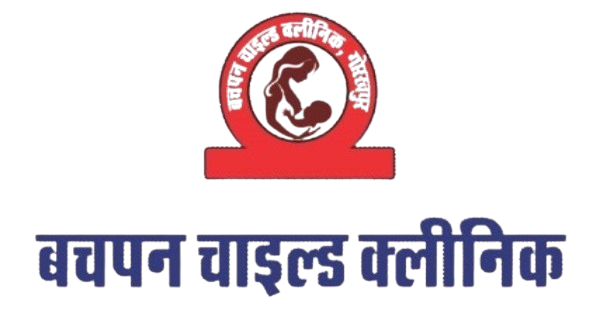Newborns receive certain vaccines at birth to protect them from serious infections, even before their immune systems are fully developed. Here’s a breakdown of the key vaccines administered shortly after birth:
Hepatitis B Vaccine (HepB)
- Given at birth (within 24 hours of birth).
- Purpose: Protects against Hepatitis B, a serious liver infection caused by the hepatitis B virus (HBV). HBV can be transmitted from mother to child during birth or through contact with infected blood or body fluids later in life.
- Doses: The first dose is given at birth, followed by two additional doses—at 1–2 months and 6–18 months.
- Why at birth?: Infants who contract hepatitis B from their mothers at birth or early in life are at high risk of developing chronic liver disease, including cirrhosis and liver cancer.
BCG Vaccine (Bacillus Calmette–Guérin)
- Given at birth in some countries, especially where tuberculosis (TB) is prevalent.
- Purpose: Protects against tuberculosis (TB), particularly severe forms like TB meningitis and disseminated TB in infants and young children.
- Why at birth?: In areas with high TB incidence, giving the BCG vaccine early can reduce the risk of severe TB complications.
Oral Polio Vaccine (OPV) (in some countries)
- In certain countries where polio is still a concern, OPV may be administered shortly after birth to provide early protection against poliovirus. In other countries, OPV is replaced by the Inactivated Polio Vaccine (IPV), usually starting at 2 months of age.
Additional Notes:
- The Vitamin K injection is also typically administered at birth (though not a vaccine) to prevent Vitamin K Deficiency Bleeding (VKDB), which can cause life-threatening bleeding in newborns.
Why Vaccinate Newborns?
- Immediate protection: Newborns are vulnerable to serious infections. Vaccinating them early helps provide protection before they are exposed to dangerous pathogens.
- Prevent transmission: Vaccinating at birth can reduce the risk of mother-to-child transmission of diseases like hepatitis B.
- Global efforts: Vaccinating newborns contributes to global efforts to eliminate diseases like hepatitis B and tuberculosis in certain regions.
